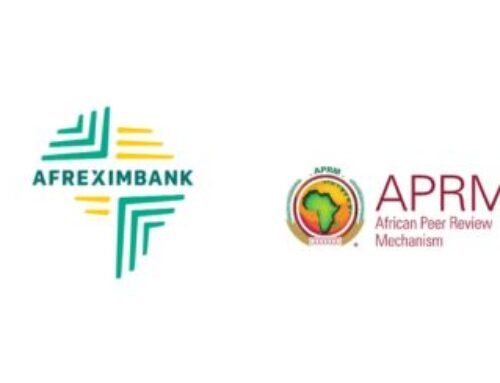
Navigating regulatory compliance in the financial sector presents ongoing challenges for institutions, particularly in upholding operational integrity and industry reputation. Compliance entails meeting capital and liquidity requirements, monitoring financial crime activities, and ensuring adherence to ethical banking standards.
In Nigeria, the Central Bank plays a pivotal role in fostering a safe, sound, and robust banking system. On the 10th of January, 2024, the CBN took decisive action by dissolving the Board and Management of three banks due to severe non-compliance with essential regulatory provisions. The CBN highlighted the banks’ infractions, ranging from regulatory non-compliance and corporate governance failure to disregarding licencing conditions and engaging in activities threatening financial stability.
In response to this intervention, an international Credit Rating Agency subsequently placed one of the sanctioned banks on a negative rating watch. The Rater expressed concerns about the uncertainties surrounding the CBN’s intervention, potential regulatory actions, and the adverse impact on the bank’s standalone credit profile, particularly in terms of corporate governance risks and liquidity pressures from potential funding instability.
This incident underscores the profound link between regulatory compliance and credit ratings. As regulatory scrutiny expands, financial institutions, especially banks, grapple with significant compliance and regulatory risks. Credit rating agencies closely monitor a bank’s regulatory compliance as a pivotal element in the rating process, acknowledging its critical role in determining financial stability and creditworthiness.








Leave A Comment